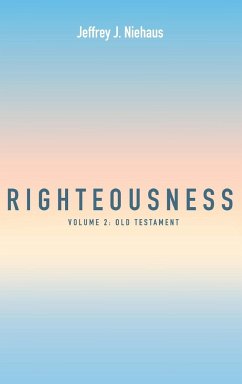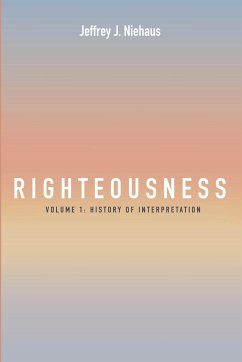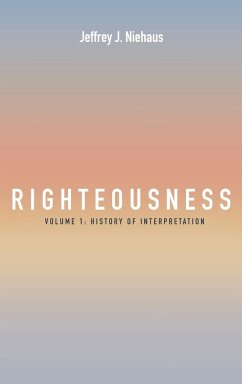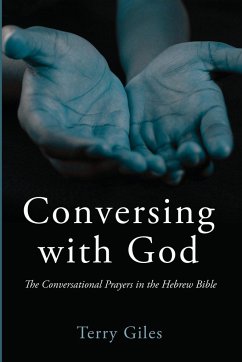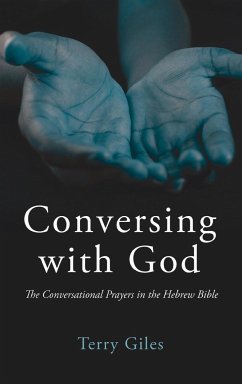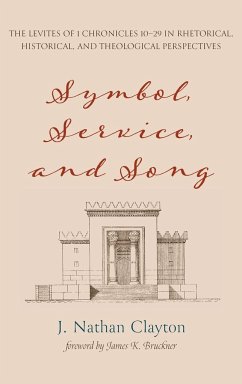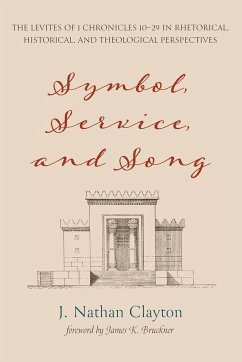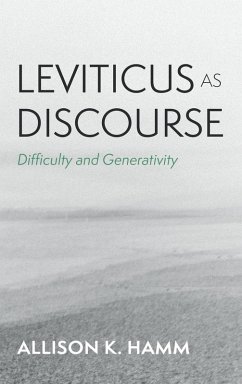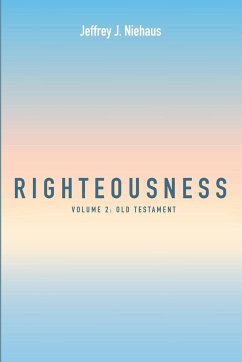
Righteousness
Versandkostenfrei!
Versandfertig in 1-2 Wochen
36,99 €
inkl. MwSt.
Weitere Ausgaben:

PAYBACK Punkte
18 °P sammeln!
The second volume of this three-volume work exegetes and comments on every occurrence of the Hebrew terms for righteousness in the Old Testament. It begins with a discussion of apperception and deductive method and concludes with an afterword on righteousness and ontology. The ontological argument affirms that God's aseity is the foundation of righteousness in the Bible, and thus of all true righteousness. Righteousness is being true to God, and God is always true to himself, including in his self-existence. Other terms in the righteous word group, such as "righteous" and "justify," are consid...
The second volume of this three-volume work exegetes and comments on every occurrence of the Hebrew terms for righteousness in the Old Testament. It begins with a discussion of apperception and deductive method and concludes with an afterword on righteousness and ontology. The ontological argument affirms that God's aseity is the foundation of righteousness in the Bible, and thus of all true righteousness. Righteousness is being true to God, and God is always true to himself, including in his self-existence. Other terms in the righteous word group, such as "righteous" and "justify," are considered, along with the important word pair, "righteousness and justice," in semantic domain studies in the first three chapters. Semantic domain studies show that terms like "upright," "blameless," and "good" are qualifiers of righteousness. Whatever the flavor or nuance of the terms for righteousness may be in different OT contexts, however, study shows that the underlying sense of righteousness is conformity to God's Being and doing, and the same is true of the righteousness of God.





